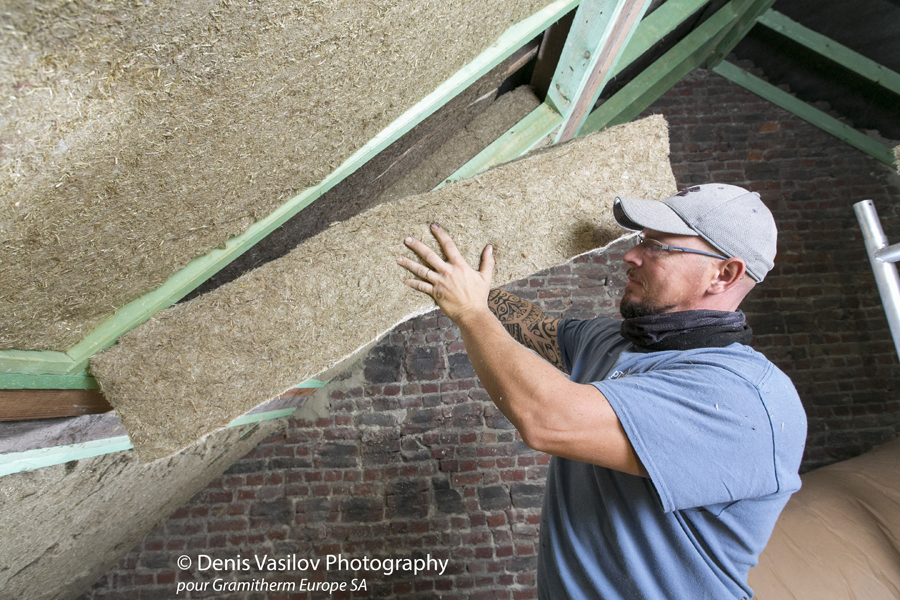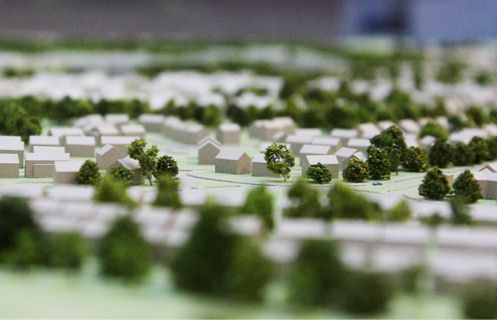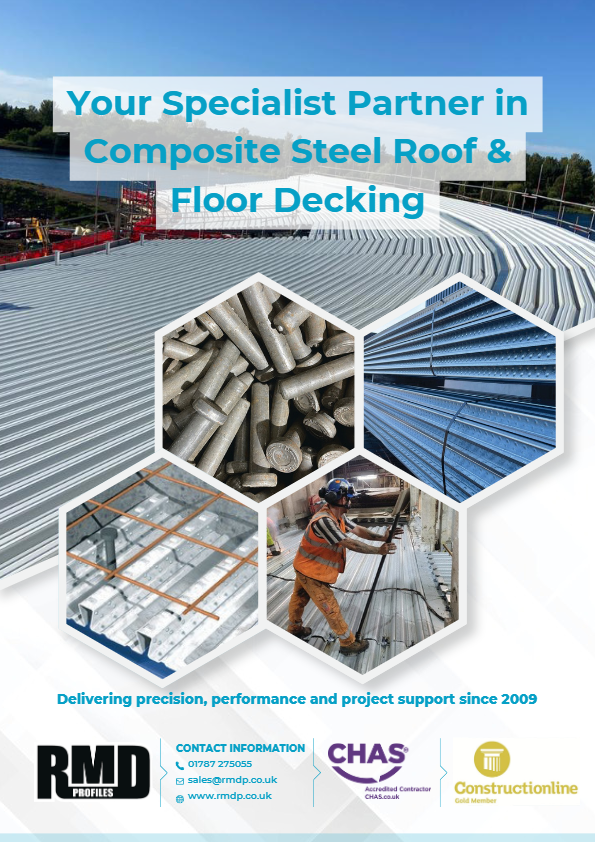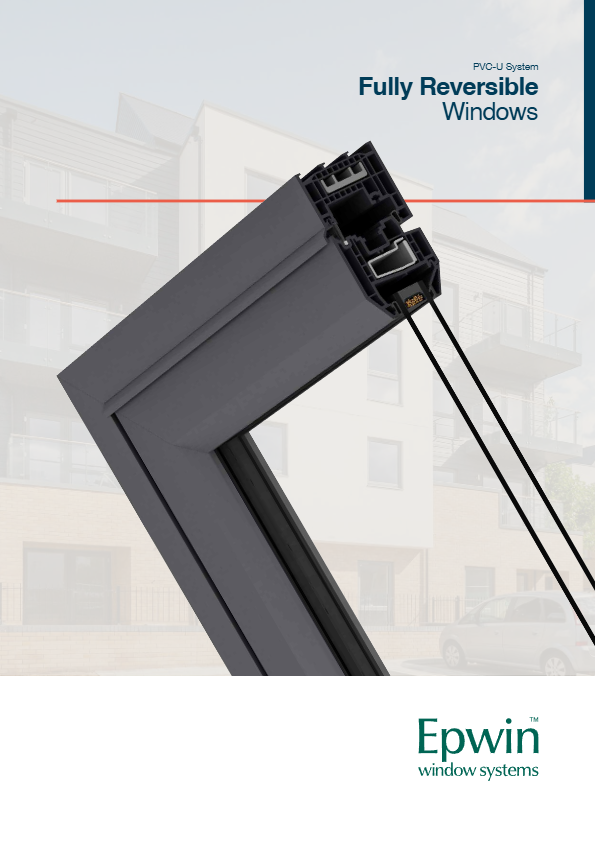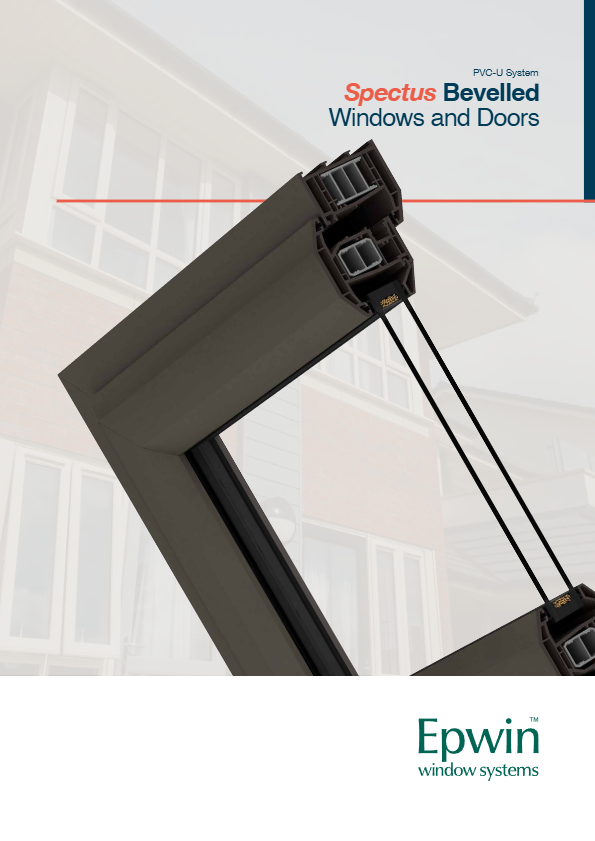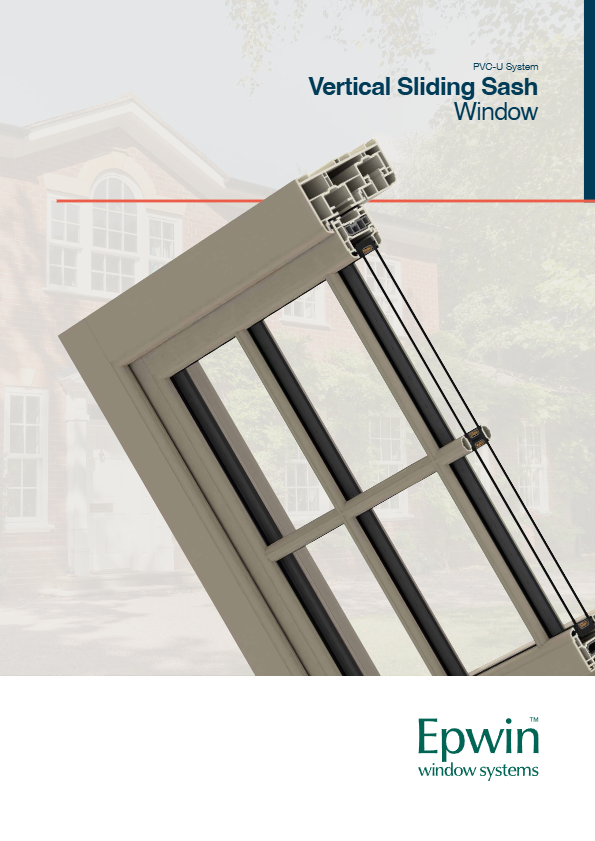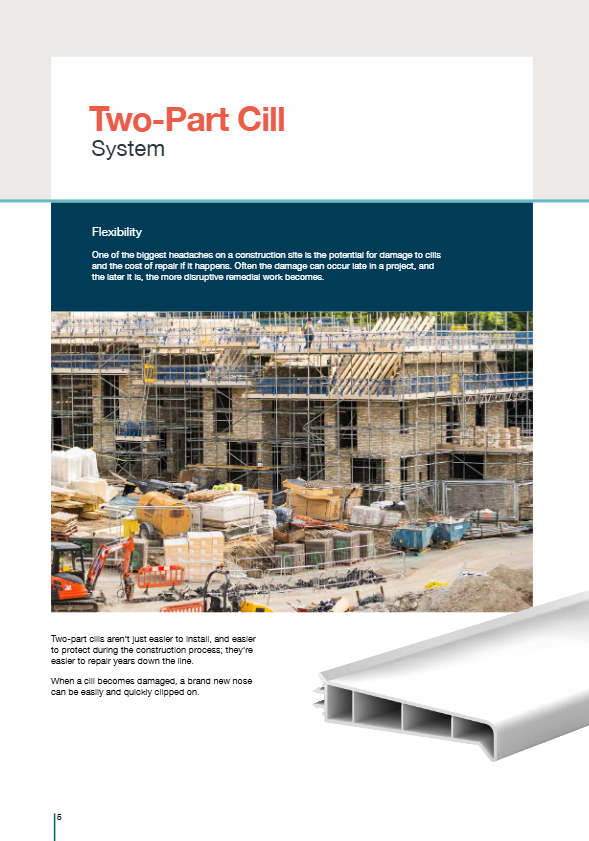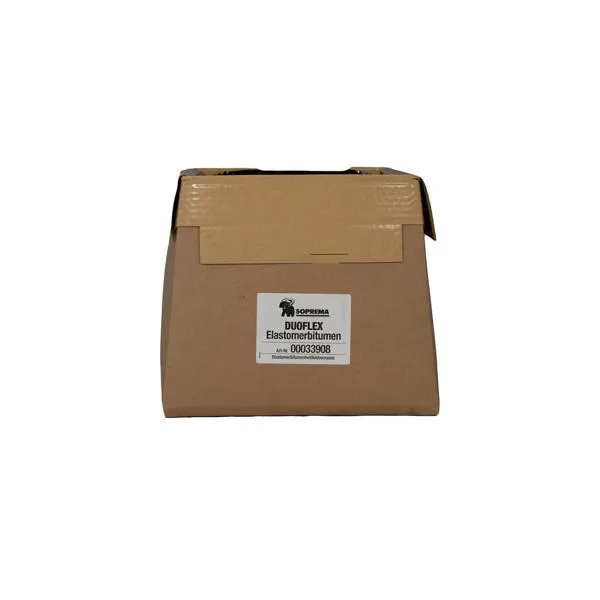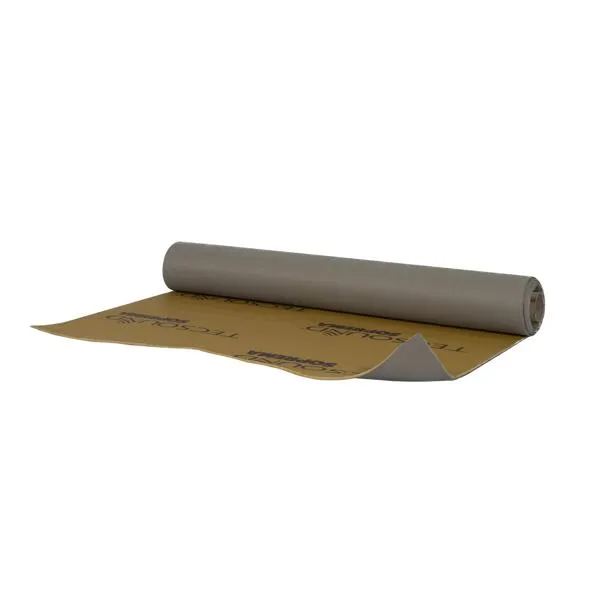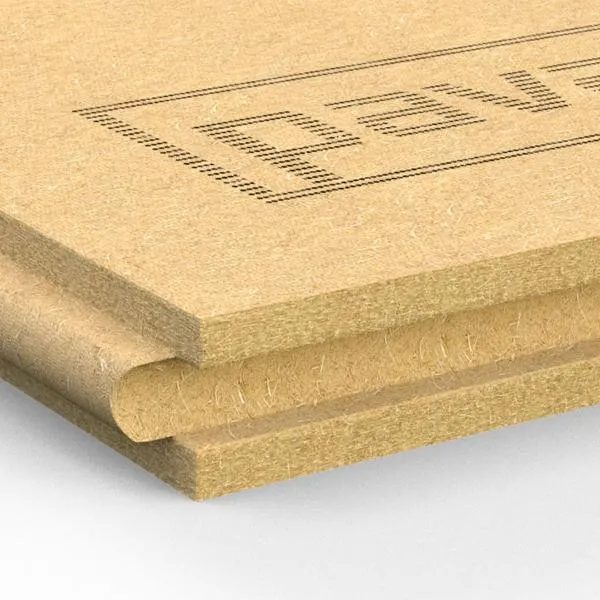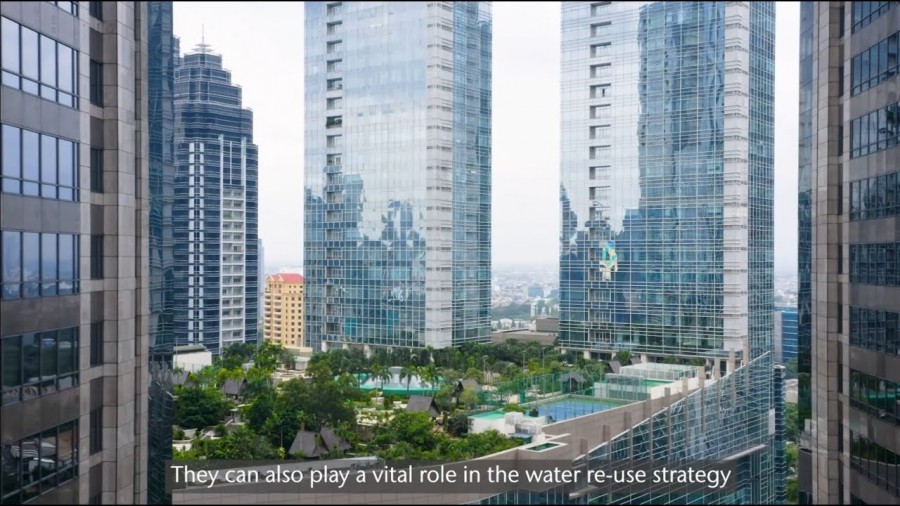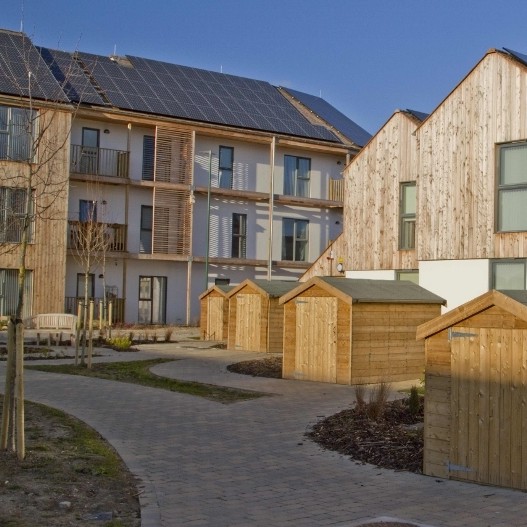
Natural Building Technologies’ (NBT’s) Pavawall system has been used to construct the UK’s first social housing community that is ‘carbon negative’, Sinclair Meadows in South Shields.
Pavawall was selected because the natural woodfibre-based, high performance wall system delivers high levels of thermal insulation and airtightness, as well as excellent breathability, and fulfils the project’s requirement for natural building products.
Sinclair Meadows is a community of 21 homes, comprising nine three-bedroom houses and 12 two-bedroom apartments.
In response to a design brief set by environmental charity Groundwork South Tyneside and South Tyneside Council, Four Housing Group, a not-for-profit housing association, and Fitz Architects, won the competition to design and construct an exemplar, sustainable and affordable housing community. The project, which was constructed by Galliford Try Partnerships North and funded by the Homes Communities Agency, is designed to exceed Level 6 of the Code for Sustainable Homes by ultimately ‘saving’ more CO2 than it produces, making the homes ‘carbon negative’.*
The Pavawall system comprises a continuous layer of NBT’s high performance woodfibre boards installed on the outside of the 220mm deep timber frame structures, with NBT Pavaflex woodfibre batts installed between the studs, fully filling the space. The woodfibre boards feature tongue and groove edges to enhance the wind and airtightness of the walls.
Internally, the Pavawall system is completed by the installation of OSB boards on the internal face of the timber frame, with NBT Siga airtightness tapes applied over the joints of the OSB boards to ensure airtightness. Plasterboard is installed over battens on the OSB racking and finished with a breathable paint. Externally the system is completed with a combination of natural lime render, applied directly to the wood fibre, and larch timber cladding. The Pavawall system delivers a u-value of 0.14W/m2K.
The breathability of the NBT system used in the construction means that the structure of the homes self regulates moisture levels, minimising the risk of interstitial condensation, and thereby protecting both the integrity of the building fabric and the health of residents.
Complemented by 500mm of loft insulation and airtight detailing on the internal ceilings, the overall building envelope provides a thermally insulated, airtight and breathable shell that conforms to Passivhaus standards.
Externally the roofs are finished with natural cedar shingles. All windows are triple-glazed to add to the levels of insulation. The maximum levels of recorded airtightness in the buildings are 1.6m3/m2/hr@50pa and the minimum recorded levels are 1.2m3/m2/hr@50pa, compared to the standard Building Regulation requirement of 10m3/m2/hr@50pa.
Demand for heating in the buildings is extremely low because of the energy efficiency of the project, so a community biomass boiler is used to provide heating and hot water to each individual dwelling. The development is powered solely by 700m2 of photovoltaic panels on the homes’ south-facing roofs.
A mechanical ventilation with heat recovery system is used to closely control ventilation within the dwellings, re-using heat from exhaust air to heat incoming air. Intelligent ‘smart metering’ is installed so that residents can monitor and record energy and water use within the homes. A rainwater harvesting system provides non-potable water for use in toilet flushing, washing machines and garden irrigation. The system is designed to reduce mains water use by up to 70% compared to an average UK detached house.
Sinclair Meadows was purpose designed and built to surpass the Government’s definition of ‘zero carbon’ and to exceed the minimum requirement for Level 6 of the Code for Sustainable Homes. Galliford Try Partnerships recorded data and calculated that approximately 40 tonnes of CO2 were produced during the construction of the development. The calculated design ‘saving’ of the development per annum is approximately 16 tonnes, which will effectively wipe out the carbon emissions of the construction within 2.8 years of completion.








